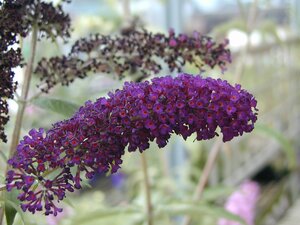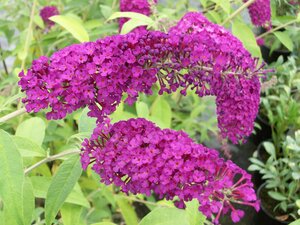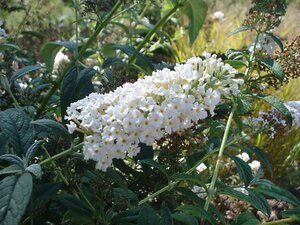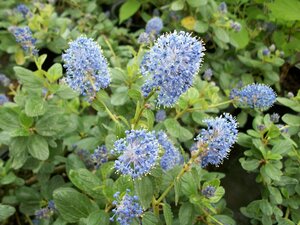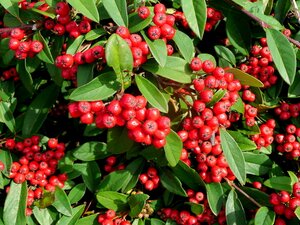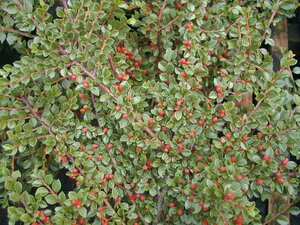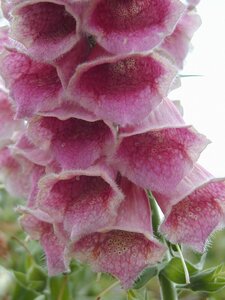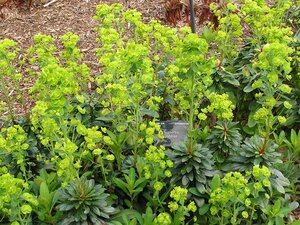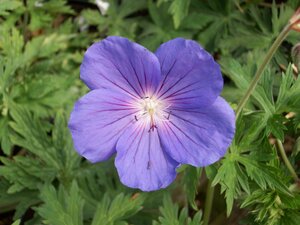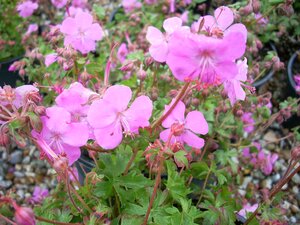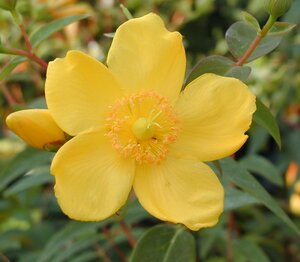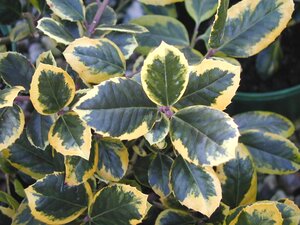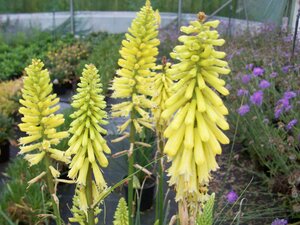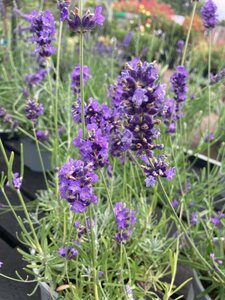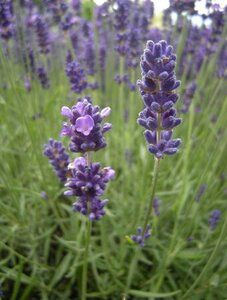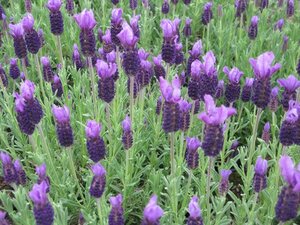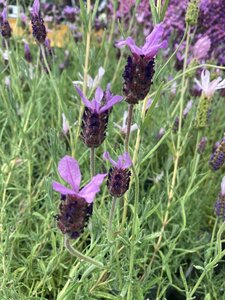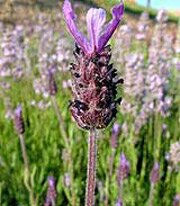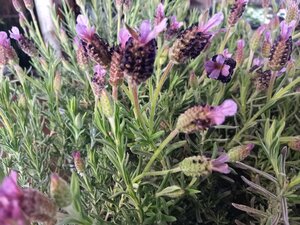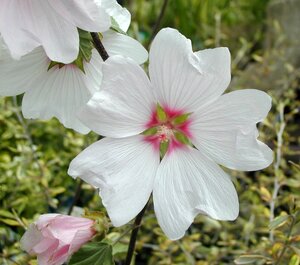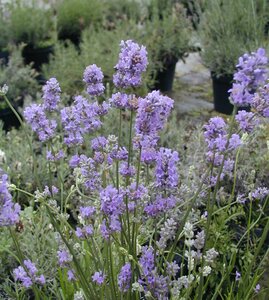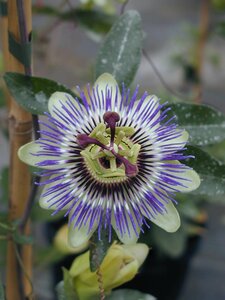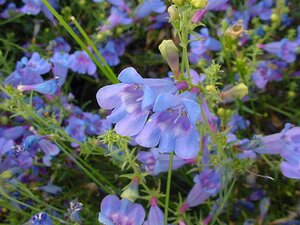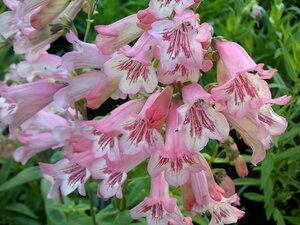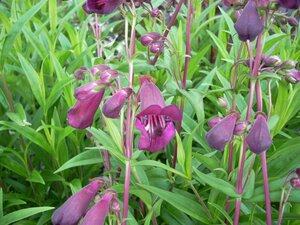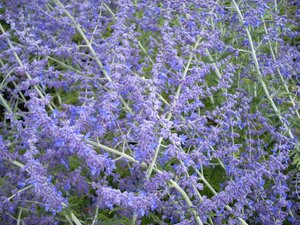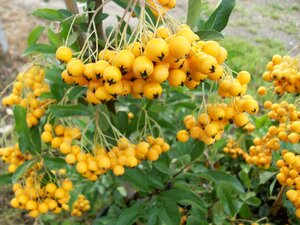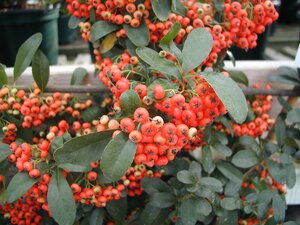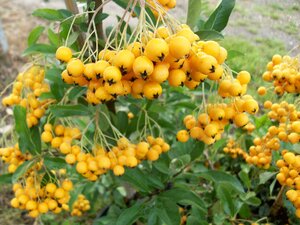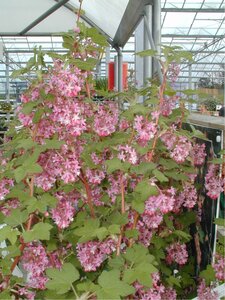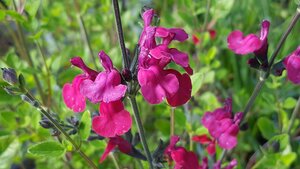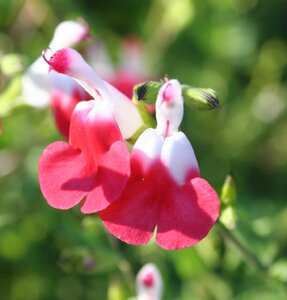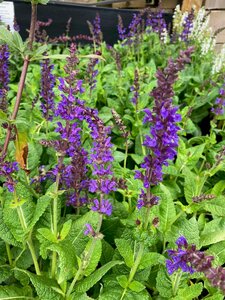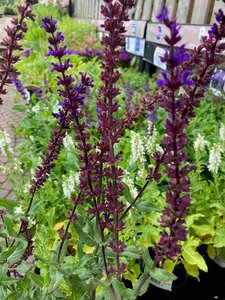Plants to Attract Wildlife
Attract wildlife like bees & butterflies to your garden, and provide natural food for birds with this collection of plants. To see a full range of plants that attract wildlife to your garden, please visit your local branch of Thompson's and have a chat with a member of our plant team. Here on our web shop we have selected a few of our recommended, more popular plants.
Shop with confidence, our hardy plants are all covered under our 3-year plant guarantee.
Filter products
Creating a Wildlife Haven in Your Garden
Adding plants that attract wildlife to your garden is a win-win situation. You get to enjoy the beauty of a thriving garden while helping to support and protect the incredible biodiversity that surrounds us. Embrace your role as a guardian of nature and start creating a wildlife haven in your garden today. Together, we can make a difference and ensure a brighter, greener future for generations to come. Happy gardening and wildlife-watching!
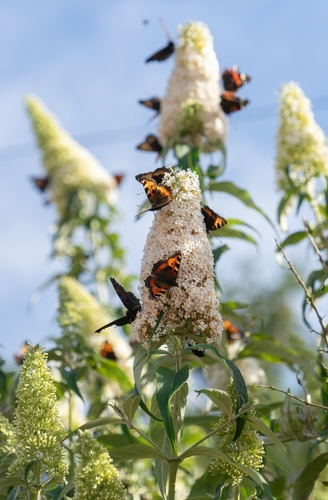
Wildlife-Friendly Plants
- Lavender: Lavender not only adds beauty and fragrance to your garden but also attracts bees and butterflies with its nectar-rich flowers.
- Buddleja: Also known as the butterfly bush, Buddleja is a magnet for butterflies, providing a source of nectar for these enchanting insects.
- Sunflowers (Helianthus annuus): Sunflowers are a favourite of bees, birds, and other pollinators. They provide abundant pollen and seeds, making them an excellent addition to any wildlife garden.
- Foxgloves (Digitalis purpurea): Foxgloves are loved by bees and provide vertical interest in the garden with their tall spires of bell-shaped flowers.
- Berry-Bearing Shrubs: Planting berry-bearing shrubs such as blackberries (Rubus fruticosus) or holly (Ilex aquifolium) attracts birds, providing them with a valuable food source.
- Echinacea: Commonly known as coneflower, Echinacea attracts bees, butterflies, and birds with its vibrant, daisy-like flowers. Birds often feed on the seeds in the autumn.
Why not add these to your garden?
Don't Forget To Feed The Birds!
Our feathered friends need all the help they can get, too. Provide them with a regular source of food throughout the year from our bird care range. We have a huge selection of nuts, peanuts, seeds, mealworms, bird feeders and more. Visit your local branch of Thompson's Garden Centre for our full range or you can browse through our more popular selling items on our web shop.
Shop Bird Care Online
Benefits of Attracting Wildlife to Your Garden
- Biodiversity: Encouraging a diverse range of wildlife in your garden promotes biodiversity. Different species play unique roles in the ecosystem, from pollination to pest control, creating a balanced and resilient environment.
- Pollination: Pollinators, such as bees, butterflies, and other insects, are vital for the reproduction of many plants, including fruits and vegetables. Attracting pollinators ensures a more abundant harvest for gardeners and supports the overall health of the environment.
- Natural Pest Control: Many beneficial insects, such as ladybirds and lacewings, prey on garden pests, keeping their populations in check without the need for harmful pesticides.
- Ecosystem Health: A garden teeming with wildlife fosters a healthy ecosystem, which contributes to cleaner air, improved soil quality, and a harmonious balance of nature.
Need Some Help Planting Your Plants to Attract Wildlife?
Whether you're planting your Buddleja davidii Royal Red, Buddleja davidii Black Knight or Cotoneaster horizontalis, following a few simple steps will give your plants the best possible start to life in your garden.
-
Dig the hole a little deeper than the size of the container and twice as wide.
-
Loosen the soil in the hole so that it is crumbly.
-
Mix a small amount of good-quality multipurpose compost into the hole.
-
Remove the plant from the pot and gently tease out a few of the roots.
-
Place your shrub in the hole making sure you don't bury the stem.
-
Refill the hole with a mixture of soil and multipurpose compost.
-
Firm the soil around the shrub, making sure you don't press down on the root ball.
-
Water well, and keep well watered in the first season whilst it establishes itself.
If you need any other assistance with your garden plants, then please get in touch. Our experts are always on hand to answer your questions. Mail us at [email protected].

